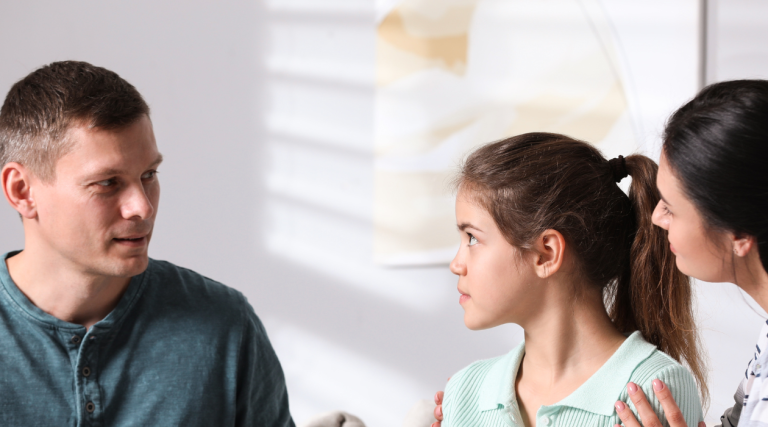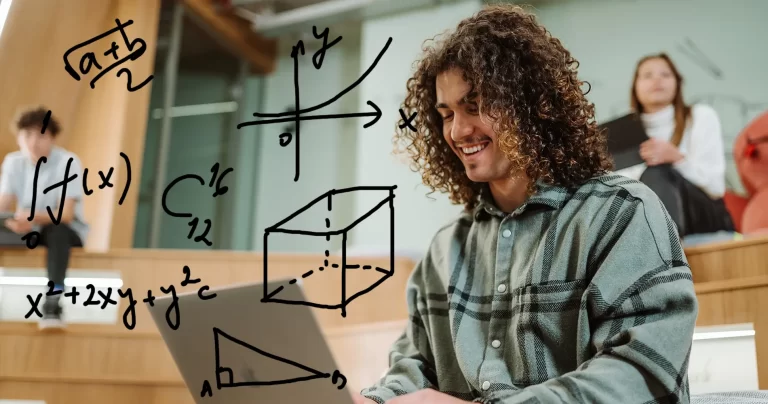Summary of Cambridge AS Physics course content
This Cambridge AS Physics course allows you to explore the phenomena of the universe with theories and practical experiments to test various ideas. Physics is more than a complex subject – it will train your brain to find new ideas to explore and think beyond boundaries. If you choose Physics as one of your subjects, you will demonstrate in your portfolio a strong analytical skill applicable to real-life situations. Are abstract ideas your favourites? Then we suggest you complete your choices with Mathematics, Chemistry, Biology, Computer Science or Economics.
Dive into advanced studies of the physical universe and ignite your passion for discovery today1
This Cambridge AS Physics course aims to enable students to:
- acquire knowledge and understanding and develop practical skills, including efficient, accurate and safe scientific practices
- learn to apply the scientific method, while developing an awareness of the limitations of scientific theories and models
- develop skills in data analysis, evaluation and drawing conclusions, cultivating attitudes relevant to science such as objectivity, integrity, enquiry, initiative and inventiveness
- develop effective scientific communication skills, using appropriate terminology and scientific conventions
- understand their responsibility to others/society and to care for the environment
- enjoy science and develop an informed interest in the subject that may lead to further study
Candidates for Cambridge International AS Level Physics study the following topics:
- Physical quantities and units
- Measurement techniques
- Kinematics
- Dynamics
- Forces, density and pressure
- Work, energy and power
- Deformation of solids
- Waves
- Superposition
- Electric fields
- Current of electricity
- D.C. circuits
- Particle and nuclear physics
Candidates for Cambridge International A Level Physics study the AS Level topics, including some topics in further detail, and additionally study the following topics:
- Motion in a circle
- Gravitational fields
- Ideal gases
- Temperature
- Thermal properties of materials
- Oscillations
- Communication
- Capacitance
- Electronics
- Magnetic fields
- Electromagnetic induction
- Alternating currents
- Quantum physics
All candidates study practical skills.
How the course is assessed
Candidates for Advanced Subsidiary (AS) certification take three papers in a single examination series.
Candidates who, having received AS certification, wish to continue their studies to the full Advanced Level qualification may carry their AS marks forward and take two more papers in the examination series in which they require certification.
Candidates taking the full Advanced Level qualification at the end of the course take all five papers in a single examination series
Guided Learning Hours
We design Cambridge International AS & A Level syllabuses based on learners having about 180 guided learning hours for each Cambridge International AS Level and about 360 guided learning hours for a Cambridge International A Level. The number of hours a learner needs to achieve the qualification may vary according to local practice and their previous experience of the subject.
Required textbook
Physics in Context for Cambridge International AS & A Level, Jim Breithaupt, John Quill, ISBN 9780198399629. You can find the textbook here.









